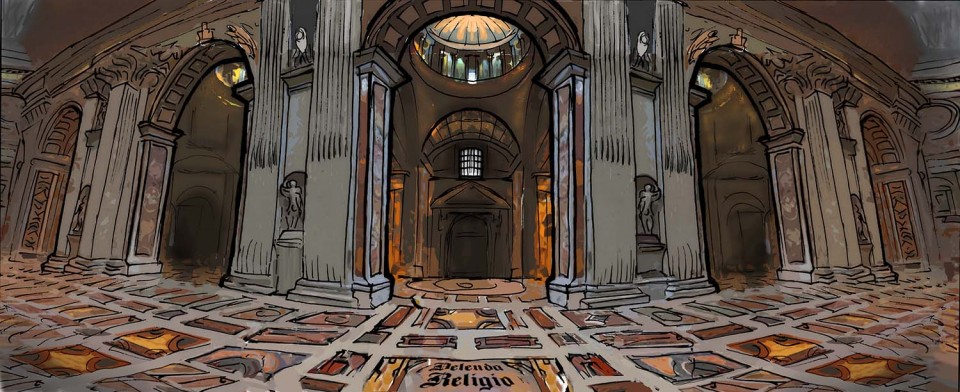Tags
"Love - Hate", "The Night of the Hunter", Cain and Abel, Holocaust, Prayer, Robert Mitchum, ut utt w
“I hate broccoli”. “I hate school”. “I hate opera”. That sort of hate is different from that in “I hate Jews”, “I hate Catholics”, “I hate Muslims”. Then there is “I hate niggers”, “I hate Republicans” and “I hate you”.
“Love one another as I have loved you”.
“Love” and “Hate”, two four-letter words, written on each of Robert Mitchum’s fingers, when he played the rôle of the maniacal murderous minister of religion in “The Night of the Hunter” : diametrically opposed attitudes that have produced the best and the worst in the way we treat each other.
It was ever thus. The Judean-Christian tradition begins with a fratricide born of Cain’s hatred of his brother Abel. We have been hating and killing each other ever since. Recent history has recorded – if not broken records – in the intensity and dimensions of hatred. We thought it would be impossible to witness greater hatred, cruelty and barbarity than the antisemitism that produced the Holocaust. And then we see live on television innocent people being beheaded by Muslim fanatics, hospitals being bombed in Syria, and children become weapons of mass destruction, ready to strike anywhere in the world.
Is there any hope against hatred ? For their grand-children’s sake, some people say they can only pray that there is. Some of them, but also many more mature, rational, courageous people who know that prayer is pointless and pathetic, are not only pleading for peace and mutual tolerance. They are giving and living an example that we hope will become contagious. The place to start is in examining our own attitudes to the prejudices that fuel hatred in the form of racial and religious discrimination. Atheists – to begin at home – may hate religion. But we have no right to hate non-atheists, even if they hate us. “Do unto others …” should be the common platform of both believers and non-believers. Which does not mean renouncing our mantra :
RIDENDA , DELENDA , RELIGIO

I maintain that minding one’s own business & leaving others to their’s is a good place to start.
Then of course don’t use, or even touch any weapons to enforce whatever feelings one may have, & keeping one’s mouth shut is sometimes the best way.
LikeLike
I hate these pious platitudes from atheists.
I love saying so.
LikeLike